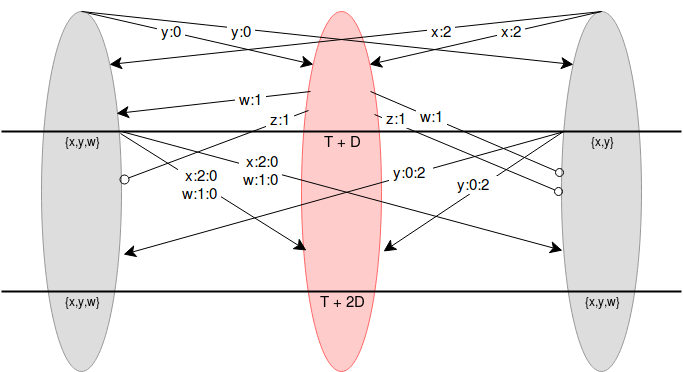The co-founder of the Ehtereum platform – Vitalik Buterin, published on his website a paper, which describes a new consensus algorithm supposed to achieve 99% of fault tolerance.
Only 1% of the nodes in the network should be honest in order to work and provide the security bump, which is required. This reduces the current need of 50% of nodes to provide a trustful information. Ultimately, this diminish the risk of malicious attacks when the numbers fall to 49% and below.
While 51% attacks are unlikely for the Ethereum network, or any other decentralized blockchain, if this new method for achieving consensus proves to be working, it can dramatically increase the blockchain’s security and bring the solution of the Byzantine General Problem very close to solving.

Where is the novelty?
If you’re willing to understand how the process is practically working, we should observe in detail the released paper. Of course, it’s all about a complex mathematic equation, which is the base of an algorithm implemented by the nodes in the network. This one uses a chained hash signatures and timeouts to prove the block’s validity. In fact, this is the reason we notice some nodes able to monitor and detect malicious behavior in real time. It’s a must-have to detect any type of inconsistence between the time of publishing information on the blockchain. Vitalik’s idea is to attempt reformulating the original idea of Leslie Lamport, published back in 1982, in a simpler manner.

If one honest node detects a valid value, all other honest nodes will also do it, which includes both mining and non-mining observer nodes. This mechanism is latency-dependent, so the 99% fault of tolerance is only guaranteed if the algorithm is synced with the block validation.
PoS and Ethereum’s future
At the moment, the Ethereum network works on the Proof of Work (PoW) consensus method. Some time ago, the team behind it, released a statement for switching to a Proof of Stake (PoS) protocol, which still haven’t occurred. There isn’t a deadline and it’s simply set to happen sometime in the future. The consequence of it would be devastating – a decrease of the fault tolerance to 30-33%, which means that the consensus mechanism is going to work in condition that two-thirds of the nodes are honest. This would bring some additional defenses against malicious attacks, which are supposed to become extremely beneficial.
The implementation of this new consensus algorithm is able to make the Ethereum network the most robust cryptocurrency ever existing. It is going to be useful against the mining pools’ centralization. Expected to bring more developers, companies and consumers to the blockchain. Furthermore, this new algorithm isn’t created specifically for Ethereum, so it could be easily implemented in any other project in the crypto sphere, including the ones suffering from centralization issues.